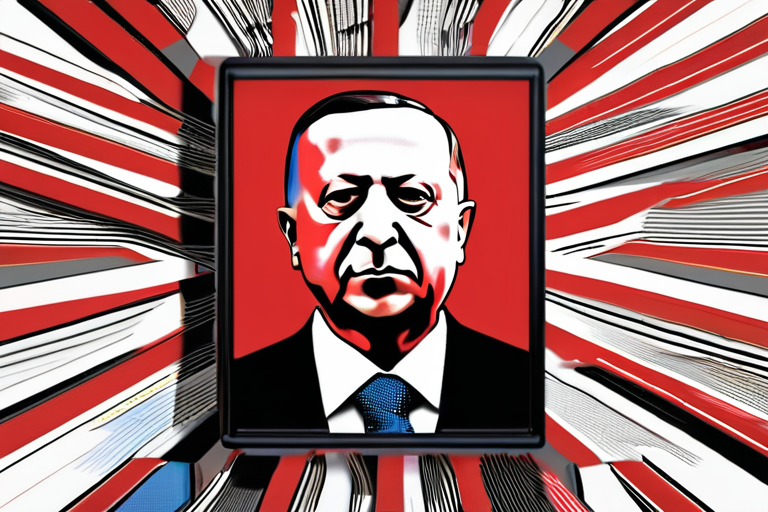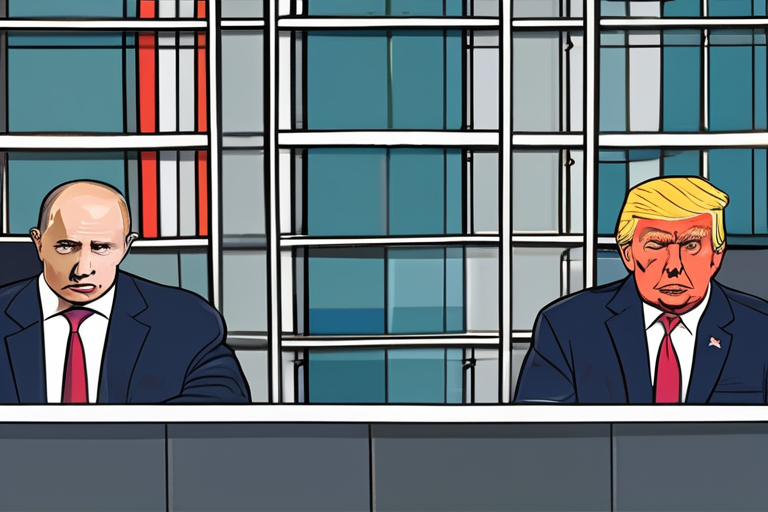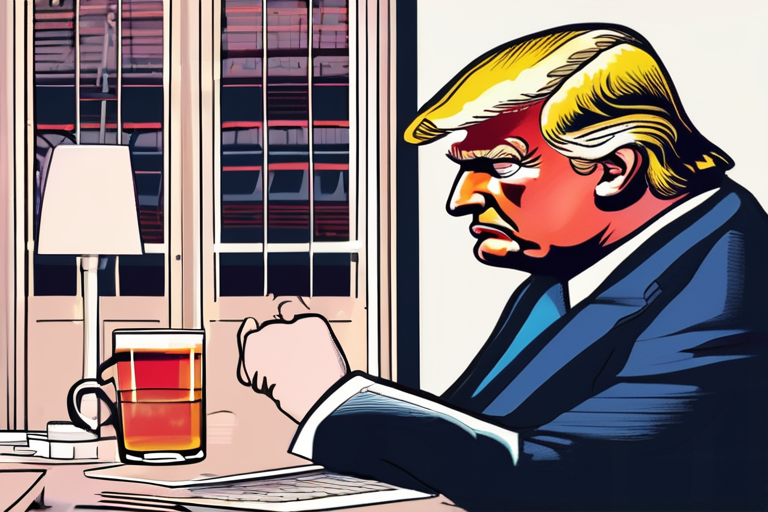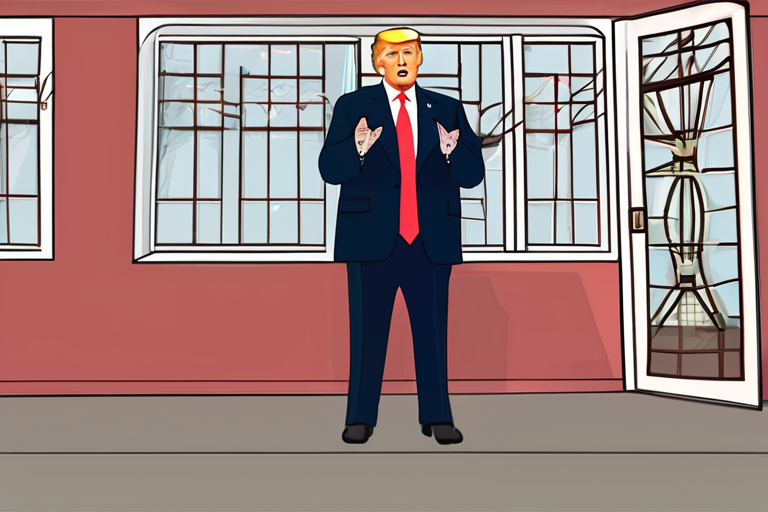Balancing Act: Can Turkey Do Without Russian Energy?
ANKARA, TURKEY - October 4, 2025 - In a move that has sent shockwaves through the energy market, Turkish President Recep Tayyip Erdogan is facing increasing pressure from the US and G7 nations to cut ties with Russia's oil and gas industry.
The pressure campaign, which began in earnest following a meeting between Erdogan and US President Donald Trump at the White House last month, has left Turkey in a precarious position. With its economy heavily reliant on Russian energy imports, Ankara is being forced to weigh the benefits of maintaining its relationship with Moscow against the potential costs of complying with Western demands.
"We've been clear that we want Turkey to reduce its dependence on Russian energy," said a US official, who spoke on condition of anonymity. "It's not just about the economic benefits; it's also about sending a message to Russia that its actions have consequences."
The G7 nations, which include Germany, the UK, Canada, France, Italy, Japan, and the US, issued a joint statement last week calling for increased pressure on countries that continue to purchase Russian oil and gas. The move is seen as an attempt to isolate Moscow economically in response to its actions in Ukraine.
Turkey's energy sector is heavily reliant on imports from Russia, with the majority of its natural gas coming from Gazprom, the state-owned Russian energy giant. In 2023, Turkey imported over $10 billion worth of Russian oil and gas, making it one of the largest markets for Moscow outside of Europe.
Erdogan has thus far resisted Western pressure to cut ties with Russia, citing the economic benefits of maintaining its relationship with Moscow. However, the Turkish president is facing growing opposition from within his own government, with some officials arguing that complying with Western demands would be a necessary step towards reducing Turkey's dependence on Russian energy.
"The fact is, we can't afford to ignore the risks associated with our reliance on Russian energy," said one Turkish official, who spoke on condition of anonymity. "We need to diversify our energy sources and reduce our dependence on Moscow."
As tensions between Ankara and Washington continue to simmer, it remains to be seen whether Turkey will ultimately comply with Western demands or maintain its relationship with Russia. One thing is certain, however: the stakes are high, and the consequences of failure could be severe.
Background: The US and G7 nations have been increasing pressure on countries that continue to purchase Russian oil and gas in response to Moscow's actions in Ukraine. Turkey, which has a significant energy sector reliant on imports from Russia, is facing growing opposition from within its own government to cut ties with Moscow.
Additional Perspectives:
"Turkey needs to take a long-term view of its energy strategy," said Dr. Ayşe Kaya, an energy expert at the Turkish think tank, SETA. "Complying with Western demands may be difficult in the short term, but it's essential for reducing our dependence on Russian energy and promoting economic stability."
"The US is using Turkey as a pawn in its game of economic sanctions against Russia," said Dr. Selçuk Öztürk, an expert on Turkish-US relations at Istanbul University. "This approach is unlikely to succeed and may ultimately harm the interests of both countries."
Current Status: The situation remains fluid, with negotiations between Ankara and Washington ongoing. It's unclear whether Turkey will ultimately comply with Western demands or maintain its relationship with Russia.
Next Developments: The US and G7 nations are expected to continue increasing pressure on countries that continue to purchase Russian oil and gas in the coming weeks. Turkey is likely to face growing opposition from within its own government to cut ties with Moscow, while Washington will need to balance its desire to isolate Russia economically with the potential risks of alienating a key NATO ally.
*Reporting by Dw.*



 Hoppi
Hoppi

 Hoppi
Hoppi

 Hoppi
Hoppi

 Hoppi
Hoppi

 Hoppi
Hoppi

 Hoppi
Hoppi











